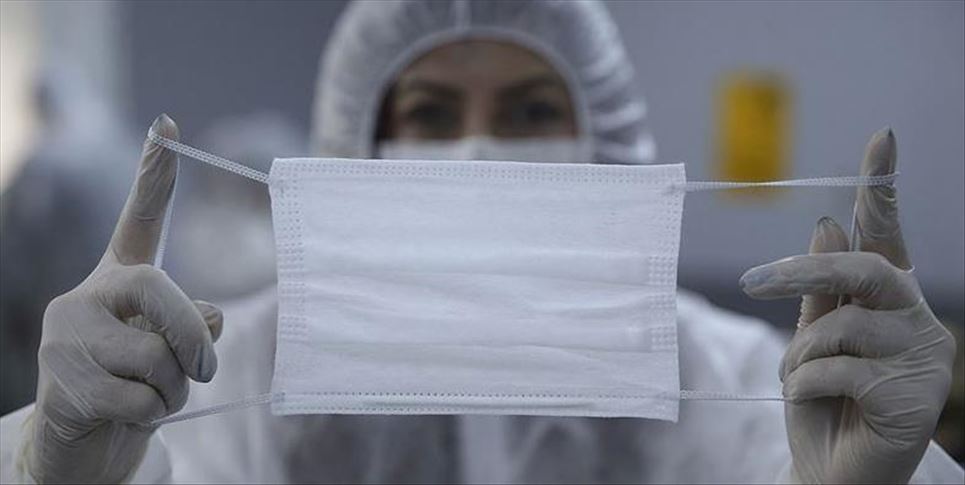Turkey Distributes Free Face Masks To Citizens
Citizens can apply for free masks through country's postal service
Turkey started distributing free face masks to citizens to stem the spread of COVID-19 in the country.
Citizens can apply for free masks through the country's postal services' e-commerce website, ePttAVM.com.
This week, President Recep Tayyip Erdogan has announced that people cannot enter shops and marketplaces without face masks.
The Turkish Health Ministry, and Transportation and Infrastructure Ministry decided jointly to distribute free masks, according to the statement on the website of the postal services.
Every citizen, except those aged 20 or under, and 65 or older, can apply for five free masks weekly.
Currently, there is a partial curfew in the country for people aged 20 or under, and 65 or older, to stem the outbreak.
Turkey has confirmed a total of 574 fatalities from the novel coronavirus, while the number of infected people reached 27,069, according to official figures late Saturday.
After first appearing in Wuhan, China, in December, the virus, has spread to at least 183 countries and regions, according to data compiled by U.S.-based Johns Hopkins University.
The data shows more than 1.2 million cases have been reported worldwide, with the death toll nearing 68,000, and over 256,000 recoveries.

Yorumlar
Yorum Gönder